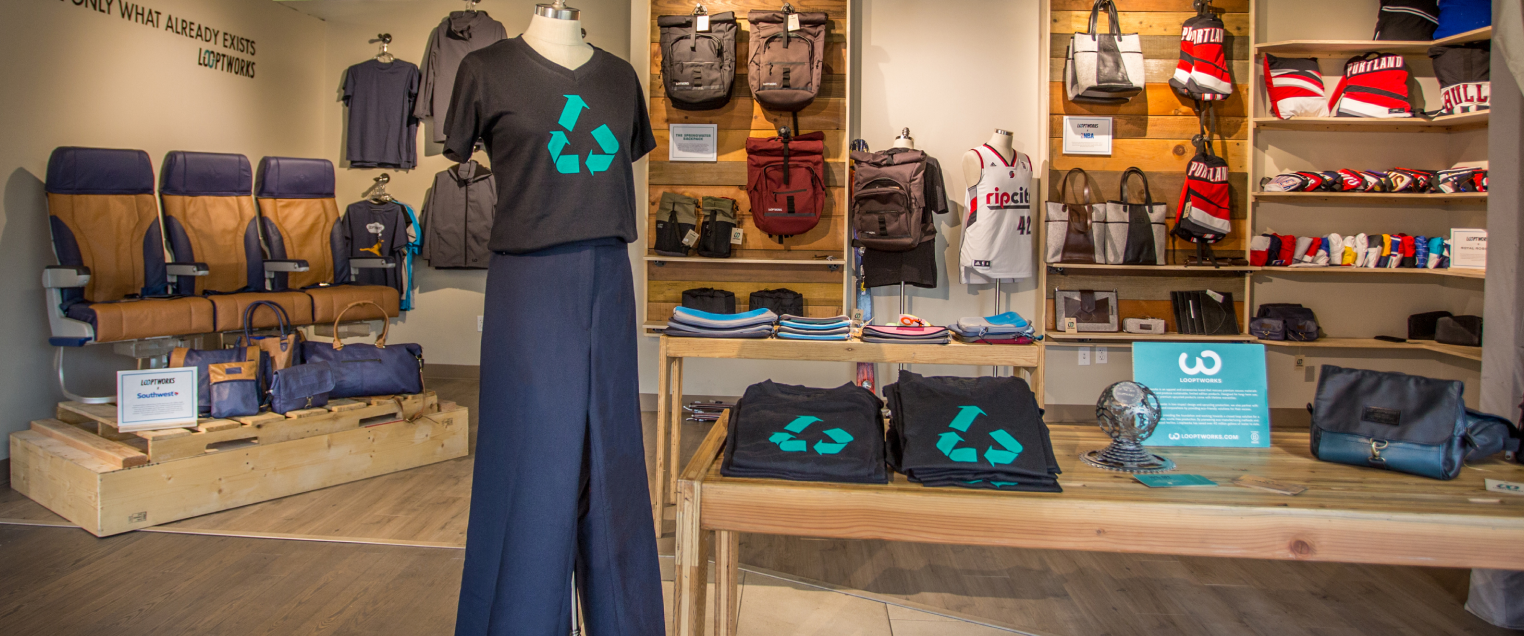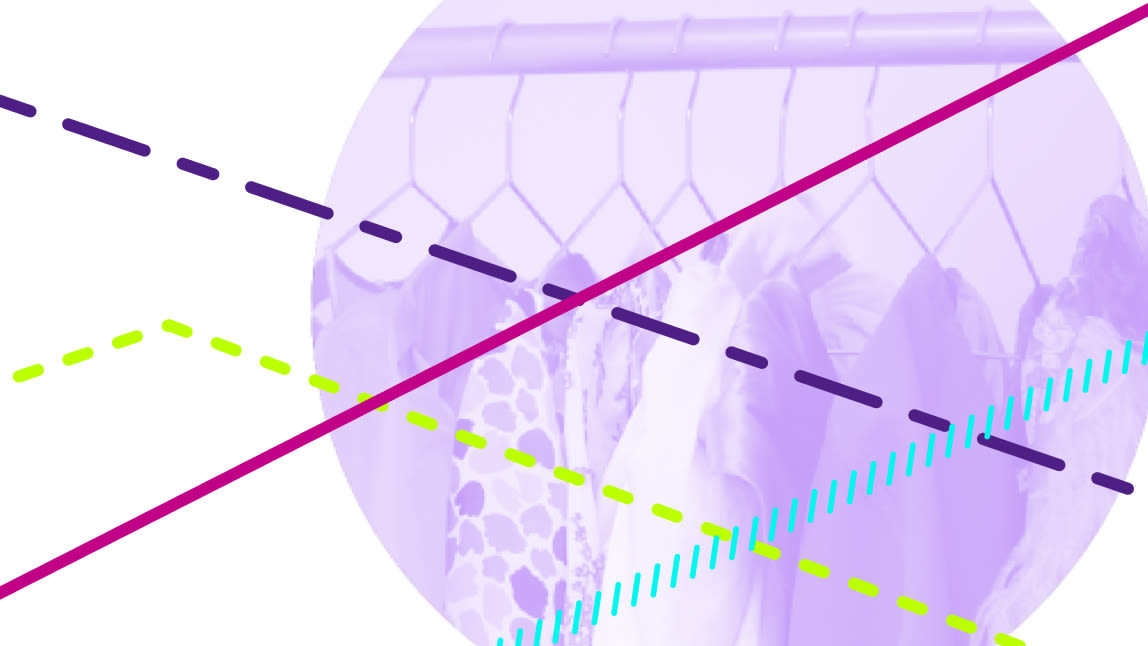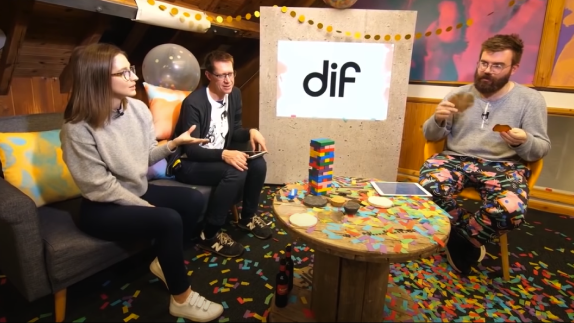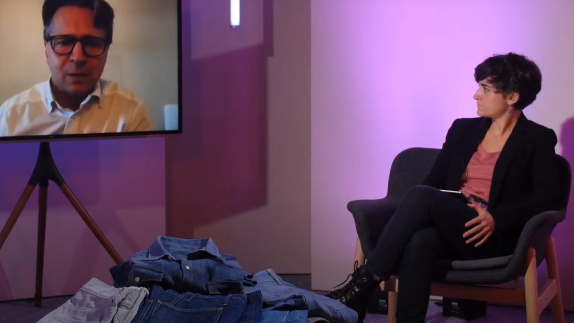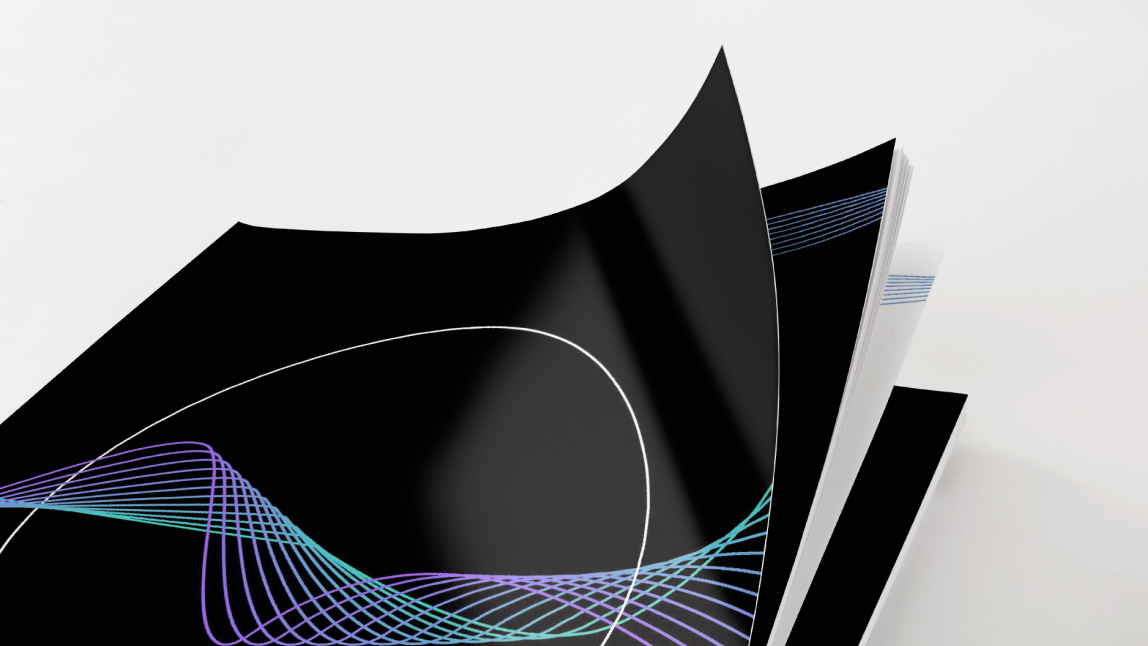
"We founded the company on the simple principles of: use the materials that already exist and figure out how to get them back into a circular economy.”
Scott Hamlin, Co-founder of Looptworks
What they do
Looptworks only uses materials that already exist. They repurpose used and excess materials into new products with higher value, keeping materials in use and avoiding landfill or incineration. Their journey started when the founder, Scott Hamlin, realised the potential of the excess materials thrown away in production, with pre-consumer waste averaging 10-30% for every production. They started the ‘Upcycling Pre-consumer’ line to do something about it.
Since 2014, Looptworks has partnered with companies, offering an alternative solution to revalue their products. Looptworks worked with Southwest Airlines to remodel their planes and achieve zero waste to landfill in the process through diverting the leather from the old planes into high quality goods such as handbags, duffel bags, and rucksacks. Since then, Looptworks has had further partnerships with Delta Airlines, Nike, Adidas, Patagonia, Timberland, and the NBA.
Why is it an example of the circular economy?
Looptworks are harnessing pre- and post-consumer material through upcycling, diverting the materials from waste streams and keeping them in use by repurposing the material into high value products. Their process creates durable products, with a lifelong guarantee, and they offer customisation and repairrepairOperation by which a faulty or broken product or component is returned back to a usable state to fulfil its intended use. services. Most of their products are unique and come in limited editions. Through the process of determining the value of garments and materials to understand whether they can be redesigned or remade, Looptworks is able to communicate to designers and inform them on better practice, working towards designing out waste through improved product design from the outset.
What are the benefits?
Looptworks’ remake model creates products that are unique to any other company as well as any other line that Looptworks releases. This is due to the diverse range of material inputs they receive, creating a wide ranging product assortment, increasing their customer base from young basketball fans interested in the NBA range to business people attracted to the smart travel bags and accessories, to many more, such as explorers and bikers.
This model helps brands and retailers achieve ‘zero-waste-to-landfill’ and offers them a fast and effective service that addresses used and excess materials. Looptworks processes materials, either remaking or recycling them, for the brands and retailers, improving the economic viability of those processes.
Looptworks’ remake model has:
Conserved over 77 million gallons of water.
Reduced waste, tackling the 60,000 lbs of pre-consumer textile that is discarded every week and diverting post-consumer textiles from being discarded through their brand partnerships (e.g. repurposed over a decade’s worth – 350,000 lbs – of Delta Airlines’ retired uniforms and seat leather into bags and travel accessories).
Neutralised their carbon footprint through shipping strategies and daily business operations, such as partnering with the Bonneville Environmental Foundation to help offset 13,228 lbs of carbon dioxide.
How it works in detail
Looptworks rescues high-quality leftover and used products and materials from premium goods manufacturers and, through design, transforms them into timeless, functional pieces with a Loopt4Life guarantee. For example, in the case of their NBA range, they repurpose jerseys that can’t be sold (e.g. if a player has been traded to a new team) into bags, pillows, and other authentic limited edition items that gain a higher value and can sell out overnight, while conserving water and avoiding carbon emissions from using virgin materialsvirgin materialsMaterials that have not yet been used in the economy..
In the process of making new products from post-consumer waste, such as old Delta uniforms and seats or NBA jerseys, is as follows:
Looptworks receives samples of materials.
Design team creates ideas for a new unique collection.
The materials are considered for their best possible use in the different parts of the new product, while ensuring durabilitydurabilityThe ability of a product, component or material to remain functional and relevant when used as intended. and minimising waste.
The material goes through a thorough cleaning and disassembly process by hand.
Looptworks either sells the products directly or sells them back to the company for retail. Every piece is hand numbered by colour and style.
The Loopt4Life guarantee promises products will last a lifetime, and so can be sent back for repair or, if necessary, replacement.
In the process of making products from pre-consumer waste, Looptworks will work with different actors in the supply chain to identify and source high quality excess material and divert it from becoming waste by buying it from the manufacturer and proceeding to the design stage and onwards. If the materials cannot be used and can be recycled, they are reduced into a thread or yarn to be made into something else (e.g. cleaning mops).
Additionally, Looptworks has launched a range of 100% recycled and recyclable t-shirts and fleece sweatshirts accompanied by a take-back programme. When items are sent back, Looptworks will repair or recyclerecycleTransform a product or component into its basic materials or substances and reprocessing them into new materials. the garments depending on their condition, ensuring they can be deconstructed, respun, and returned to their original state as recycled high-quality fibres.
